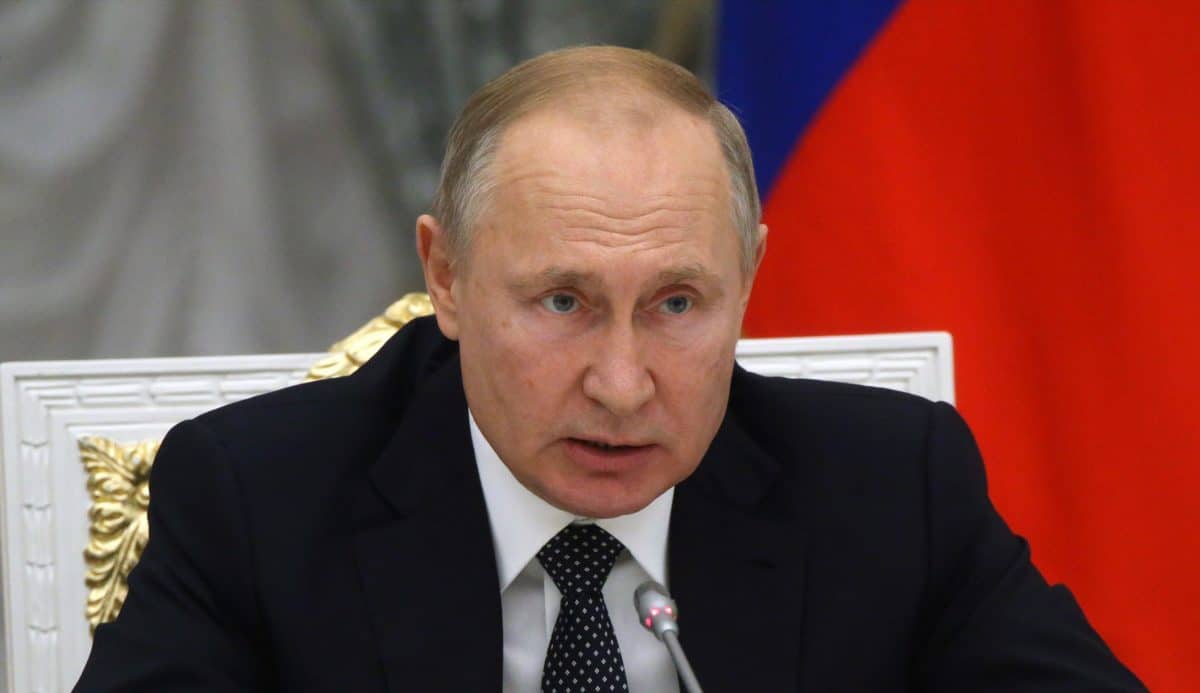The third month of the year has just begun and very few investors’ portfolios are in the green. If your portfolio is up on a Year-To-Date basis, you may consider yourself among the fortunate in the investment world. Most of the world’s most traded assets in equities and cryptocurrencies are a few percentages down with inflation and the Russian-Ukrainian war brewing. So, let’s do a brief review of what the markets are saying across the different asset classes.
First up, we look at currencies
Let’s head to Eastern Europe, the catalyst of the volatile markets. The Ruble is plunging against the dollar. Vladimir Illyich Lenin once declared that the “best way to destroy the capitalist system was to debauch the currency”. The Russian currency is the prime target in this instance. As the West and other allies of Ukraine have begun hauling economic and financial sanctions, the Ruble is beginning to depreciate. Speculators would be looking at opening positions on the USD/RUB as the crisis festers. Financial sanctions are nuclear bombs on an adversary’s economy. The more you hurt an economy, the more you hurt the citizens, and that tests the legitimacy of the government. The Russian government is fighting on land and economically. The Bank of Russia lifted interest rates from 9.5% to 20%, the highest in almost two decades to combat imminent inflation. In other currencies, the Yuan seems to be rallying amidst other currencies’ decline. The Sterling also seems to have steadied against the Euro and Dollar as at the time of writing.
Commodities
The world thrives on commodities and with inflation up, currencies value less and commodities are now more expensive. Oil and Natural gas have been headed north. Other commodities have followed suit. Wheat, a commodity exported by both warring countries, has gone up. Nickel and aluminium are also up. Wheat and corn are climbing fast and so are all kinds of vegetable oils. Coal prices hit $300, an all-time high, and diesel is surging to a nine-year high after oil soared above $100. The European benchmark for milling wheat has set a fresh all-time high this week. Commodities indexes are rising. BP and Shell have announced their exit joint-ventures with Gazprom, a Russian-backed company. There is pressure on other commodity players like Exxon, Total, Trafigura, Vitol, and metal company Glencore. Freight rates and shipping rates are expensive now as commodity traders are finding different routes to ship commodities which theoretically would put prices up. Add to financial funds seeing commodities as a hedge against inflation, could the only way be up for commodities?
Cryptocurrencies
Are we all still going to make it? The total cryptocurrency market cap has dropped from $2.2 trillion (at the beginning of this year) to $1.8 trillion at the time of writing, continuing last year’s drop. Some analysts say Bitcoin, the mother of all coins seems to have found support at the $30k region, so a pump that took the price to the $40k+ region recently, was very interesting for market watchers. Some say it’s an opportunity to short because they believe a bull run is still premature given quantitative tightening, the end of easy money, and European tensions. Other analysts believe that Russians have started buying cryptocurrency to preserve the value of their currency, and that’s responsible for the bullish phase we are experiencing. But with sanctions freezing Russia’s assets, could decentralized finance be an option for Russian oligarchs? Could we now have large buyers in the market, and is that the genuine reason for the pump or whales are setting bait? Trading volumes on the Tether, a stable coin have spiked as a result of the Ruble collapse. The Joe Biden administration has called on some of the biggest digital currency exchanges to help ensure that Russian individuals and entities targeted by U.S sanctions are not using the crypto markets to get around them. The spotlight is on cryptocurrency now. Would crypto-exchanges abandon their principles of decentralization and listen to external authority? The litmus test is here.
Stocks
European stocks are lower than at the start of the year, the S&P 500 and the NASDAQ 100 are also down. The Nigerian All-Share index that tracks the general market movement of all listed equities on the Nigerian Exchange is up though – year to date. Steady rising from 43,076.48 to 47,394.53; bullish for Nigerian investors with SEPLAT Petroleum, E-Tranzact shares growing by 10% towards the tail-end of February. In the international market, Renewable Energy Group Inc. 40%, Tenneco Inc. gained 93% and Kodiak Sciences had losers 80.29%. Stocks still come under the risky asset category, and most investors are holding onto cash until the market stabilizes. Not sure if we have reached the bottom in the global equities markets with imminent interest rate hikes from the Feds. The New York Stock Exchange (NYSE) and the Nasdaq Stock Market halted trading of several U.S.-listed Russian stocks in light of sanctions imposed on the country following its invasion of Ukraine. The Russian stock exchange has been suspended for the time being as well.
In other asset classes, the housing bubble is still bubbling in different countries in the world. Five Nigerian Startups have raised funding of $78 million already this year. The year looks very promising and investors should be on wide alert.

